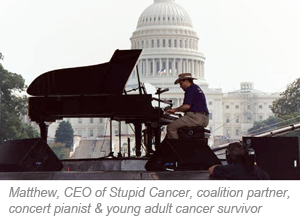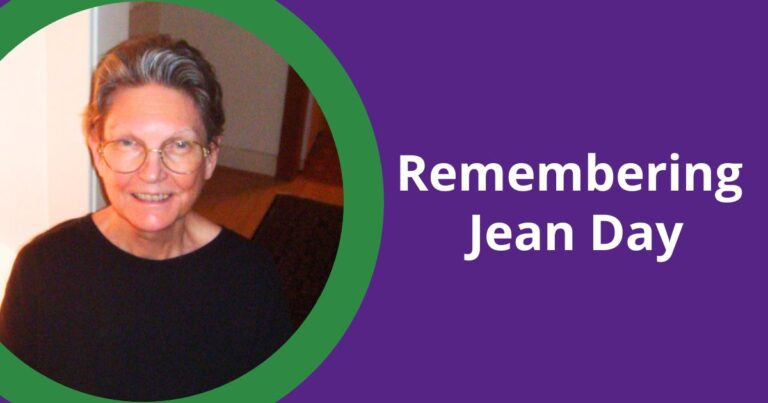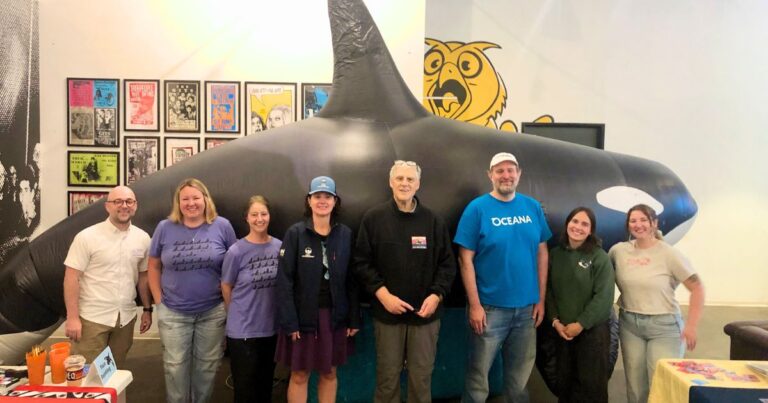Just when you thought you weren’t depressed enough with the 24 hour news cycle regurgitating nonstop stories about the failure of our government to do anything, it can actually get worse—when you witness it first hand for the very first time. Yes, Stupid Cancer went to Washington and this is my comedy of terrors.
In addition to my incessant soapboxing about the inequities faced by cancer patients and caregivers in their teens, 20s and 30s, there is one other major social issue I am equally passionate about wrapping my arms around: environmentalism, specifically, the regulation of toxic substances in our food, air, water and everyday household products, furniture and whatnot.
The good news is that is a fairly impressive handful of national organizations fighting for our rights to know what, exactly, we are ingesting and breathing in our daily lives. I speak none other than my torrid love affair with The National Resources Defense Council, The Breast Cancer Fund, Breast Cancer Action and Safer Chemicals, Healthy Families.
Here’s the bottom line: Today there are more than 80,000 chemicals on the market, which have never been fully assessed for toxic impacts on human health and the environment. This sucks. It’s seriously not OK. We have the right to know what
ethyl-methyl-something-something is and whether it causes brain cancer or not. And, if it does, get it out of my car seats, couches, kitchen cleaners,
children’s rain gear, toddler toys and water bottles. Or at least empower me as a consumer to make an objective choice as to whether I want to own an imported leather, inflatable, motorized chaise lounge/drivers seat with Wi-Fi that turns me into Blinky, that three-eyed fish from
The Simpsons.
What’s worse, the last time DC lawmakers paid attention to carcinogens like fire retardants, parabens and benzyne was when TSCA (the Toxic Substances Control Act) was passed in 1976. That’s like 400 years ago. Gerald Ford, people! How is it possible that no one has stepped up to the plate to dust off this antiquated piece of legislation and update it for our 21st century life of iPhones, Vine and Dasani. (Actually lots of people have been trying to update it but it keeps dying in Congress because lobby groups like the American Chemistry Council, The American Petroleum Institute and others have billions to spend in science-debunking, anti-truth and pocket-lining efforts to thwart progress and hinder any meaningful change in our interests.)
The sad truth is that the people who work for these shady, profit-driven groups have friends and family members diagnosed with cancer just as frequently as people like us. They represent interests who believe free market, lack of regulation and capitalism trump the importance of transparency, public safety and human health.
And so, off to Washington I went to give my first speech as a special hearing convened by Safer Chemicals Healthy Families and others. It was my first appearance in front of a crowd of congressional staffers and interns so I didn’t know what to expect.
What I discovered—to my combined horror and pleasant surprise—was that the key influencers to our congressional leaders are all millennials, largely under the age of 30 with limited exception. Yes, octogenerian lawmakers are advised—and sometimes given marching orders—by young adults.
Also, I learned that one rarely ever actually gets to meet with Congress members. Everything is passed through—via osmosis, perhaps—the filters of staffers and interns. And there’s more! The role of the staffers, armed with their information, is but one of many factors that actually influence our lawmakers. Evidently, there are the “Five P’s” that comprise the portfolio of factors that otherwise swing a congressman to action: Principle, Party, Press, Public and PAC (lobby money). Also, sometimes, I was told, we can add a sixth “P”—that being President.
Now, with regard to TSCA, the late Senator Frank Lautenberg (D-NJ) was the single most powerful force for good, leading the charge for reform of this bill. His efforts for bipartisan consensus had been hindered by the chemical lobby but there has been recent progress to overhaul this antediluvian law.
In fact, just this May, the Chemical Safety Improvement Act of 2013 appeared and represents the first bipartisan effort to update TSCA with 11 co-sponsors from each political party. Of course CSIA less than half the bill that TSCA was but, we live in a world of compromise and as depressing as it is to realize that we may never fully get all 80,000 chemicals regulated and tested for human safety, I’ll pretty much take anything over nothing at this point.
So, in conclusion, I went in pissed and now I’m slightly less pissed but somehow even more pissed. I’ve got twin three-year-olds and something tells me that no matter how much grass-fed organic milk, bisphenol A (BPA) free bottles and plant-based household cleaners we use, the toxic flame retardants (PBDEs), parabens, estrogen-blockers, and phthalates in our air, water, clothes, furniture, vehicles will undoubtedly give us some health-based grief one of these days.
So, while I am feeling horridly disempowered, I am actually optimistic. If there’s anything I’ve learned as the founder of Stupid Cancer, it’s that change comes slowly and only from within. The recent rapid shift in pushing this reform forward has come from the people. The biggest problem we are fighting is not corruption or the status quo of a laissez-faire government—it’s apathy. I’m fired up about this but not enough people are.
We are at a critical moment. (Aren’t we always in a critical moment?) Anyway, it’s a moment when taking action, getting involved and talking to young adult Hill staffers will actually make a real difference. I’d like to inspire people to get involved and join me on making the same difference we already have for the young adult cancer movement. You can actually urge your senator to push CSIA into law. Bordering between slacktivism and actual activism, check out THIS WEBSITE and do something.
And so I am reminded of the immortal words of Phil Collins…
This is the world we live in
And these are the hands we’re given
Use them and let’s start trying
To make it a place worth living in.




